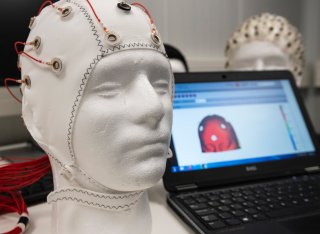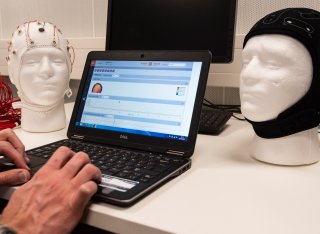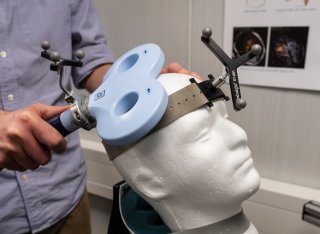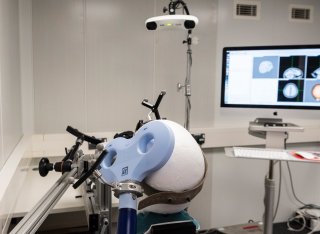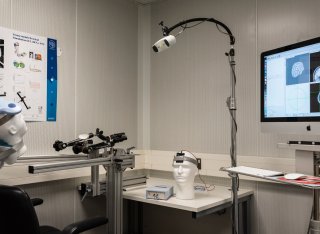Clinical Intervention and Practice Research Group
We have a long standing national and international reputation for our research in mental health prevention, promotion, intervention and understandings. Our research culture is vibrant, diverse, creative and supportive, which enables academics and post-graduate researchers to push the boundaries and thrive.
Research areas
Our research is organised within three main strands.
Our facilities
As part of the School of Psychology, we are fortunate to share world leading research facilities which have recently had a multi-million-pound refurbishment. On-site we have EEG, tDCS and TMS laboratories, a baby lab, a driving simulator, psycho-physiological and eye-tracking facilities and dedicated off site access to fMRI, as well as an observation lab and extensive editing facilities.
Collaborations and funding
The Department has strong research links and a history of collaborations with NHS Trusts, Health and Social Care providers, charitable organisations, and the third sector. We have, and continue to, attract research funding from a range of sources including UKRI research awards and awards from charities, foundations and the private sector.
News
Stay connected
Latest tweets
@UoSPsychD





